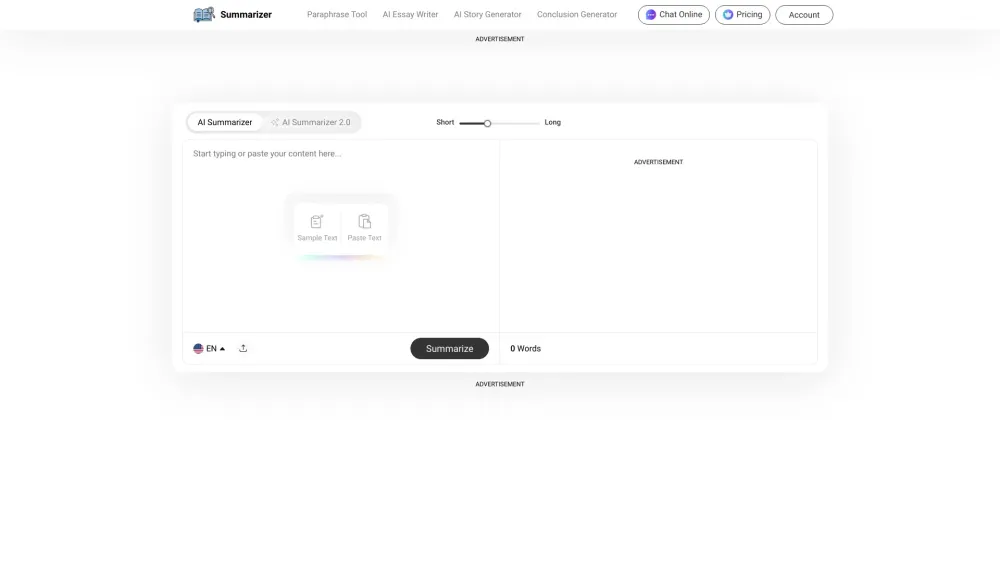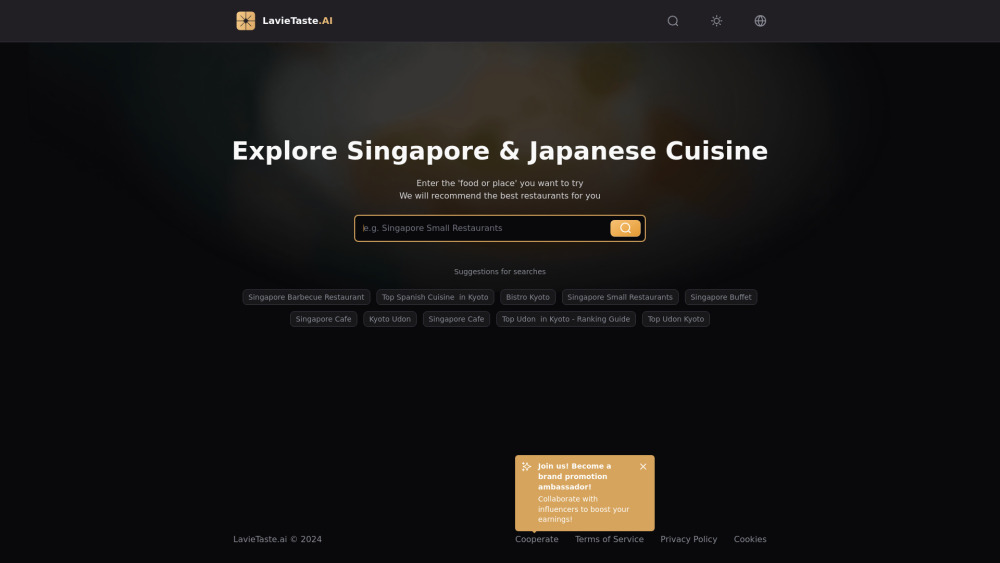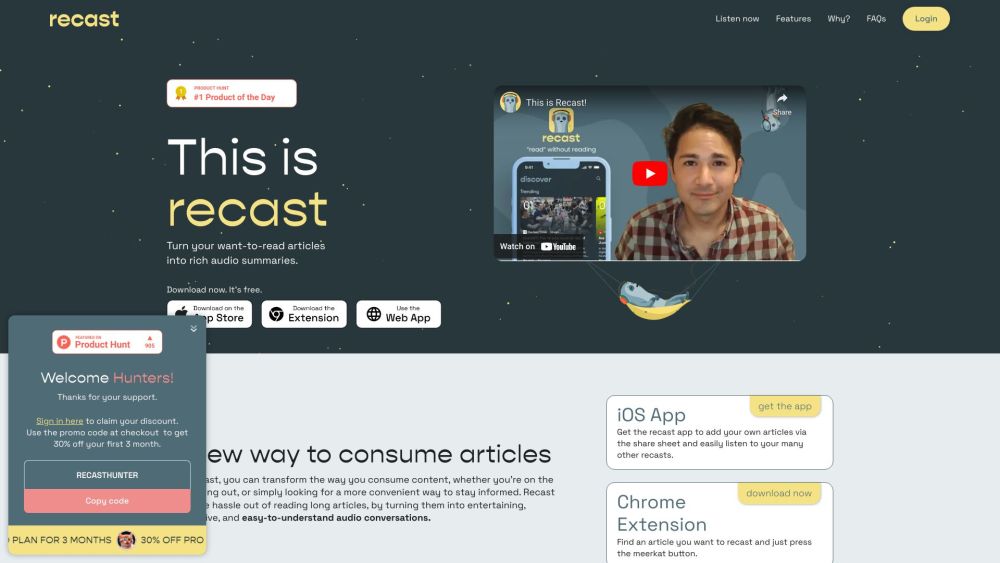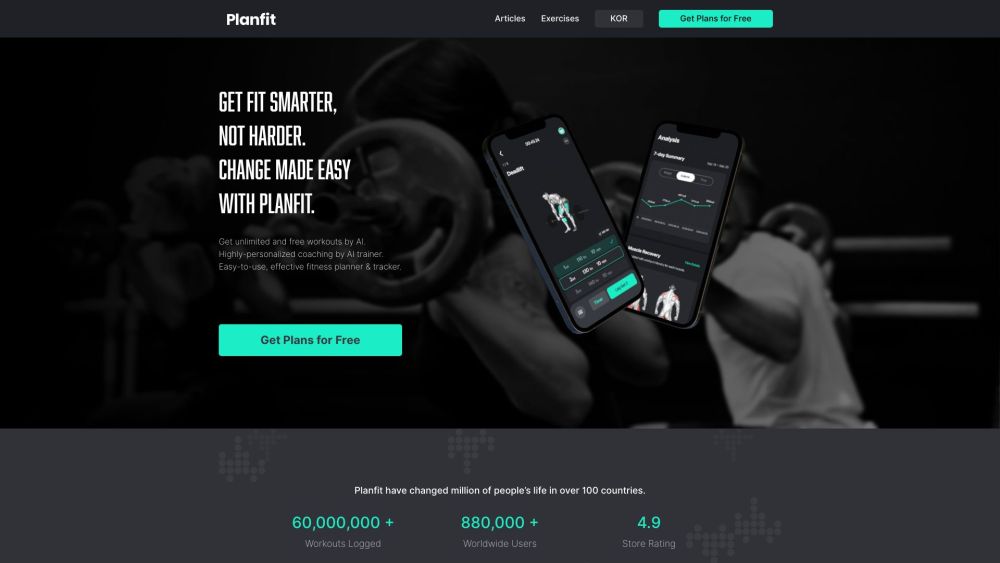As creative industries face the rapid rise of AI across various artistic mediums, distinct concerns voiced by artists are starting to merge. From AI-generated Drake songs to stylized Instagram avatars, art produced by advanced AI tools is everywhere, sparking urgent discussions on how to manage this technology before it inflicts lasting damage on creative communities.
This week, the digital rights organization Fight for the Future joined forces with the music labor group United Musicians and Allied Workers to launch #AIdayofaction, a campaign urging Congress to prevent corporations from claiming copyrights on music and art generated by AI.
The aim is to stop major industry players, like record labels, from copyrighting AI-assisted music, thereby compelling them to involve human creators in the artistic process. However, these shared worries and potential strategies for resisting the rise of AI are prevalent across creative sectors.
“It’s interesting because when you talk to musicians about their fears, they often note that authors seem to be silent. Conversely, when you ask others, they say musicians and photographers appear indifferent,” said Lia Holland, Director of Campaigns and Communications at Fight for the Future. “Different creative fields are a bit siloed in these discussions.”
“Launching this day of action was intended to highlight these common concerns across artistic disciplines and create a united front. When artists collaborate across mediums, they significantly amplify their influence.”
While the campaign focuses on potential corporate exploitation of AI, it recognizes that individual musicians and other creatives might also see benefits from automating aspects of their work. The goal is for AI tools to help artists earn more money, reduce workload, and compete with corporations that exploit them.
“From a music perspective, it’s intriguing, especially since musicians are quite familiar with AI concepts,” Holland stated. “They often engage with music production software and AI tools like MIDI drum loops, which fosters a more progressive understanding of technology and its role in enhancing music quality.”
The dialogue surrounding art and AI is indeed complex. Musicians worry about industry giants copyrighting AI-generated songs and sidelining them. Major record labels fear the use of AI models trained on their music catalogs, jeopardizing their significant revenue. Spotify has removed thousands of AI-generated tracks but recently introduced an AI-powered DJ that customizes playlists while conversing with users in a synthetic voice.
A recently released track imitating Drake and The Weeknd went viral, demonstrating this tension.
“The use of our artists’ music to train generative AI raises critical questions about the side of history stakeholders in the music ecosystem want to align with: artists, fans, and human creativity, or with deep fakes, deception, and the denial of fair compensation,” stated Universal Music Group in response to the viral AI-generated song.
These conversations and contradictions resonate across creative industries, although artists often lack a voice in the discourse. Independent artists are discovering that their collective efforts can yield more substantial results against what Holland describes as an “extraordinary spectrum of exploitation” that capitalizes on their work.
This week, the FTC hosted a roundtable discussion featuring representatives from diverse creative sectors—voice acting, science fiction, screenwriting, music, illustration, and fashion—to explore the impact of generative AI on creatives.
“Generative AI presents a unique mix of opportunities and challenges for creative sectors,” remarked FTC Chair Lina Khan. “We've heard significant concerns about how these technologies could swiftly disempower creators and artists, allowing their life’s work to be appropriated without their control.”
In the discussions, various creative community representatives voiced worries about the default opt-out clauses that allow for AI models to use artists’ original work, and they discussed how existing copyright laws could serve as a valuable, albeit limited, framework for regulatory measures.
A WGA representative emphasized that while striking writers achieved protections through their contract negotiations, the fight for artists’ well-being “doesn’t stop at the bargaining table.”
Whether Congress takes action to address rising apprehensions about AI’s influence on creative sectors is uncertain. However, the FTC is clearly attuned to the technology’s risks and the benefits of uniting voices across industries.
“Art is inherently human,” stated FTC Commissioner Rebecca Slaughter. “While humans can utilize technology to assist in creating art, something is not art without human influence. Technology, by its very definition, lacks humanity... Although we may aspire to develop increasingly intelligent generative AI, it will never replace human creativity.”




